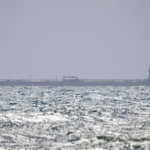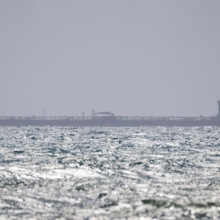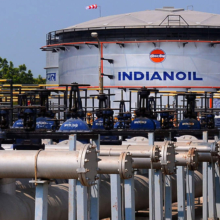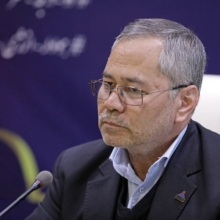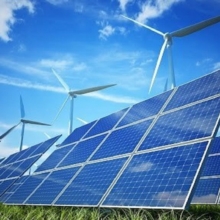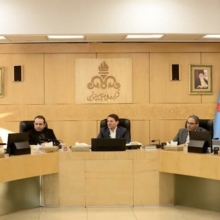Iran pursuing energy diplomacy despite imposed sanctions
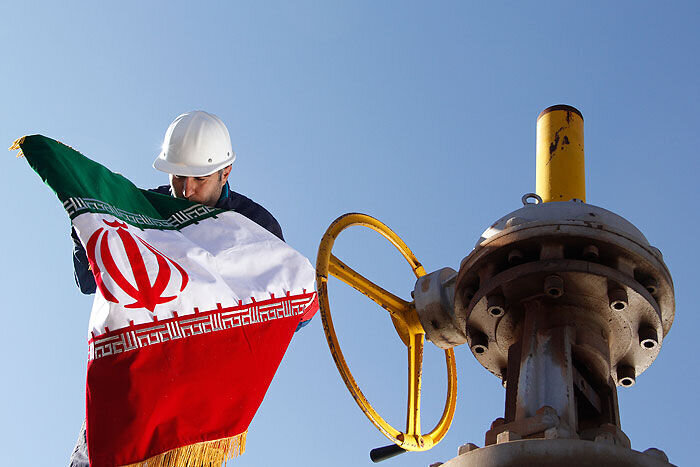
RoydadNaft – Iranian contractors are implementing water and electricity projects in 50 countries, proving the country’s constructive approach to energy diplomacy.
In the early-February, Iranian Energy Minister Ali-Akbar Mehrabian said the country’s contractors are presently implementing water and electricity projects in 50 different countries.
He added that Iran’s water and electricity industry has gone from a completely dependent industry to complete self-sufficiency due to the efforts of domestic experts.
Thanks to its geographical location, Iran can generate significant power through renewable resources such as wind or the sun.
In late October 2023, Iran’s Energy Ministry announced that the capacity of the country’s renewable power plants had reached 1,088.18 megawatts (MW).
Based on the Energy Ministry data, of the mentioned total capacity, 364.89 MW is supplied by wind power plants, 465.65 MW is provided by solar power plants, 99.47 MW is supplied by small hydroelectric power plants, and 12.5 MW is provided by biomass plants.
Renewables, including hydropower, account for nearly seven percent of the country’s total energy generation, versus natural gas’ 90 percent share.
Iranian Energy Ministry has put it on the agenda to add 10,000 MW to the capacity of the country’s renewable power plants by the end of the current government administration (August 2025).
During a recent three-day trip to Pakistan, Iranian President Ebrahim Raisi highlighted the favorable grounds for expanding cooperation and relations between Tehran and Islamabad, particularly in the security and energy sectors.
Accompanying the President on his visit to Islamabad, the Iranian Oil Minister Javad Oji stated that Pakistan is eager to inject gas into the IP (Iran–Pakistan) gas pipeline as soon as possible, adding that Pakistan is arranging contracts with various companies to speed up the process.
Saying that there is an international agreement signed between Iran and Pakistan, he expressed hope to see gas export to Pakistan during the 13th government in Iran under President Raeisi.
Also in March, Iran’s First Vice-President Mohammad Mokhber met with Uzbekistan’s Energy Minister Jurabek Mirzamakhmudov, saying that both countries can cooperate on different industrial, energy, electricity, transportation, and knowledge-based areas.
In the same month, Iranian Foreign Minister Hossein Amirabdollahian characterized the negotiations between Iran and Turkmenistan regarding energy, transit, and water resources as “fruitful”.
In a related development, the Iran Grid Management Company and the Turkish Electricity Transmission Company (TEIAS) have signed an agreement to make operational the Khoy-Van power transmission line during a recent visit by Raeisi to Turkey.
Upon the signing of a contract for the operation of a 400-kV BtB HVDC power transmission line between Khoy in Iran and Van in Turkey, it is possible to exchange electricity between the two countries with the most modern technologies.


